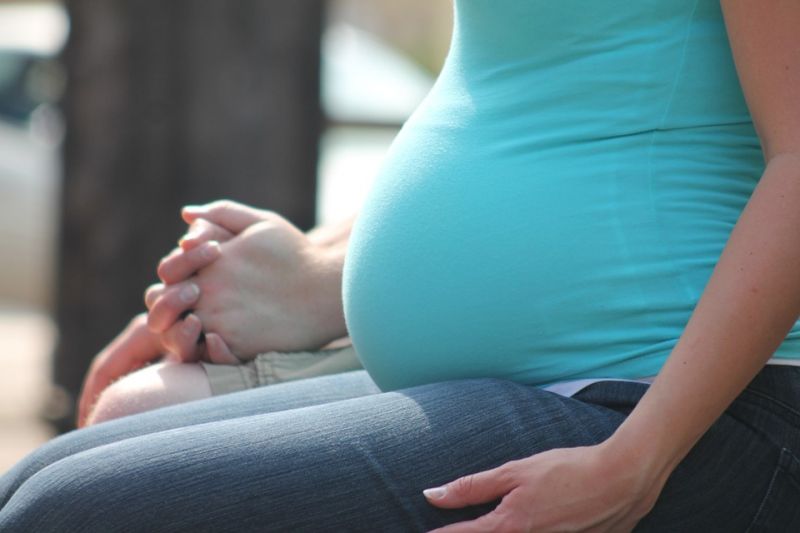Washington: It turns out that women who have previously been infected with dengue virus may be at greater risk for increased damage to their fetuses and placentas if they should later become infected with the Zika virus.
The research was conducted by the Department of Microbiology at the Icahn School of Medicine at Mount Sinai.
Notably, this study is the first to report a possible mechanism for the enhancement of Zika virus progression during pregnancy in an animal model.
Results of the study, ‘Dengue virus immunity increases Zika virus-induced damage during pregnancy,’ were published in the February issue of Immunity, a journal published by Cell Press.
Zika virus outbreaks were first found to be associated with birth defects including microcephaly, in which the baby is born with an abnormally small head and brain, in 2015 in Brazil, where dengue virus, a virus closely related to Zika virus, is endemic.
The research team led by Jean Lim, Ph.D., Associate Professor of Microbiology and Co-Director of Microbiology Multidisciplinary Training in the Graduate School of Biomedical Sciences at the Icahn School of Medicine at Mount Sinai, transferred dengue virus-specific antibodies into mice prior to infection with Zika virus during pregnancy.
The presence of these antibodies in the mice significantly increased placental damage, fetal growth, and fetal resorption. Zika-infected human placental tissues also showed increased replication in the presence of dengue antibodies.
Speaking about it, Dr. Lim said, “Our data demonstrate that antibodies generated from a previous dengue virus infection can enhance the severity of Zika virus infection during pregnancy.”
“Our research may explain the high rate of microcephaly and birth defects observed in the recent Zika virus outbreak in South America,” he added.
[source_without_link]ANI[/source_without_link]

